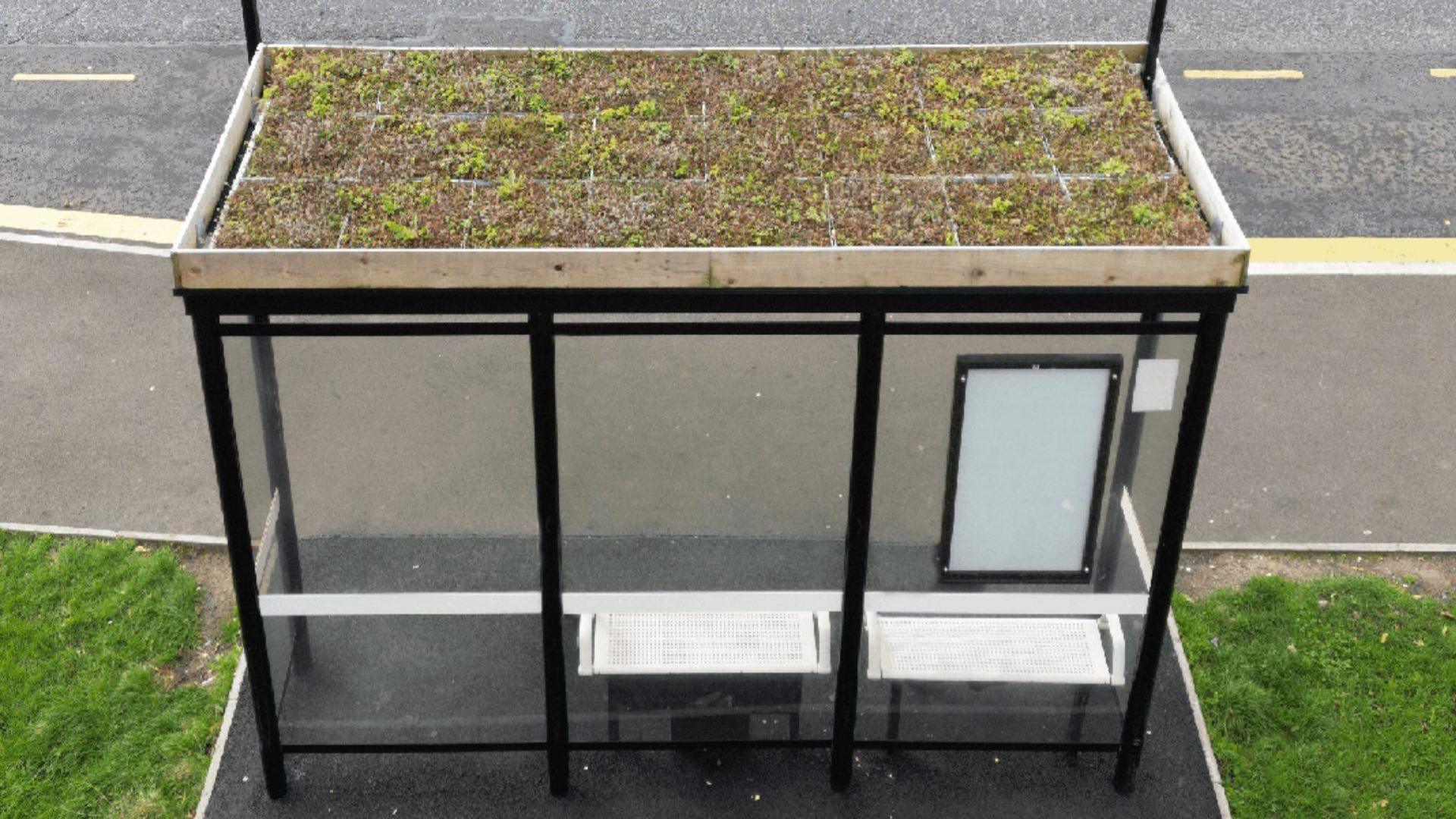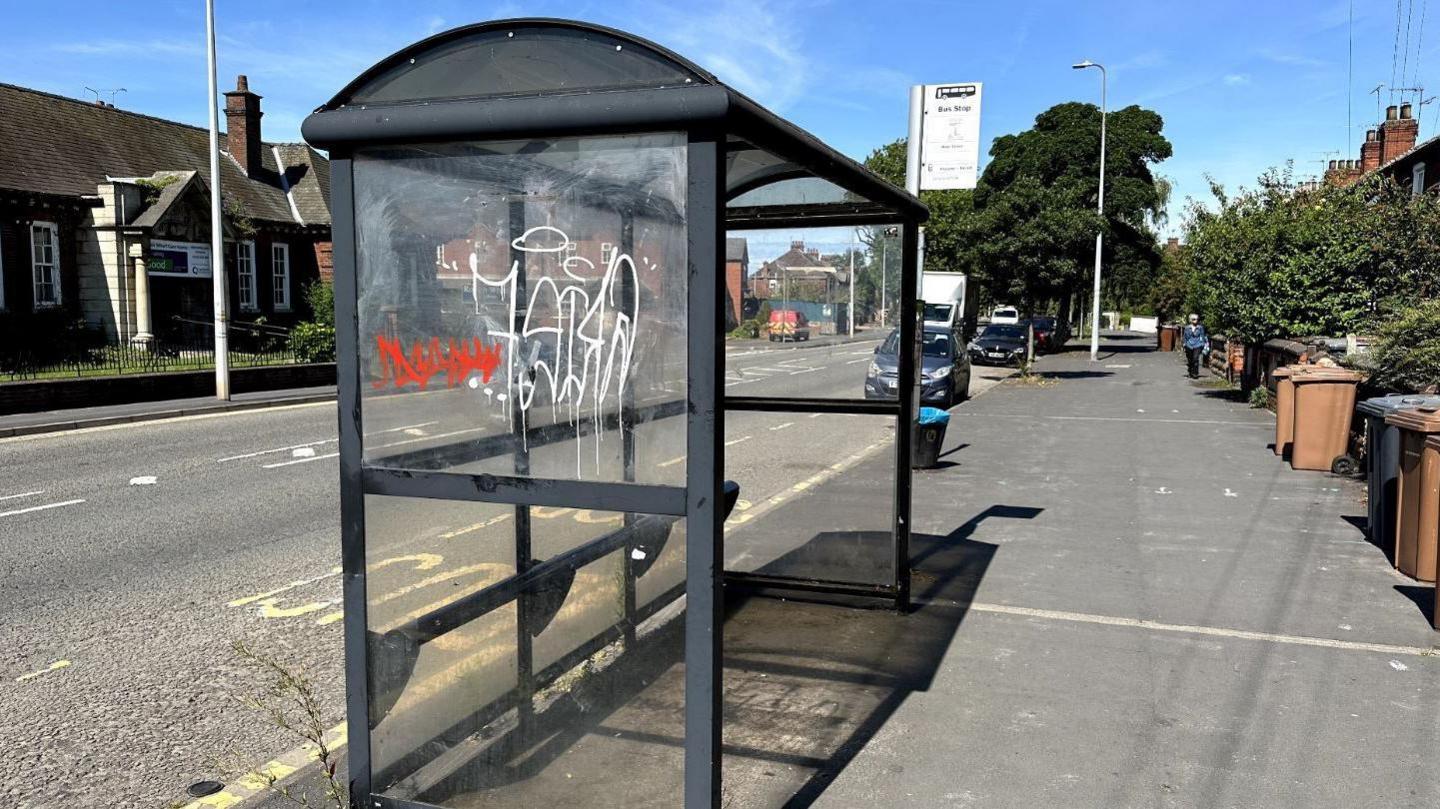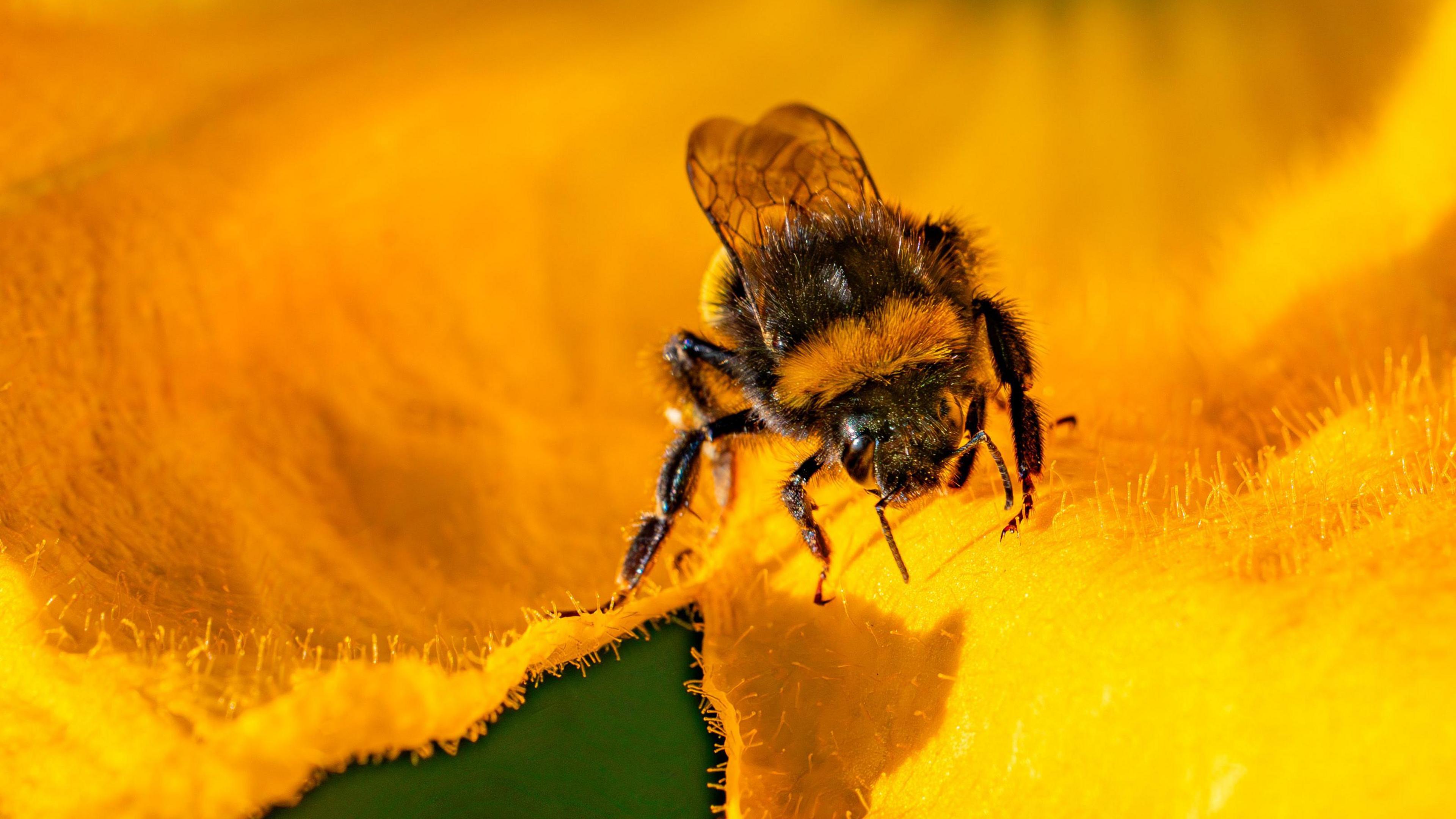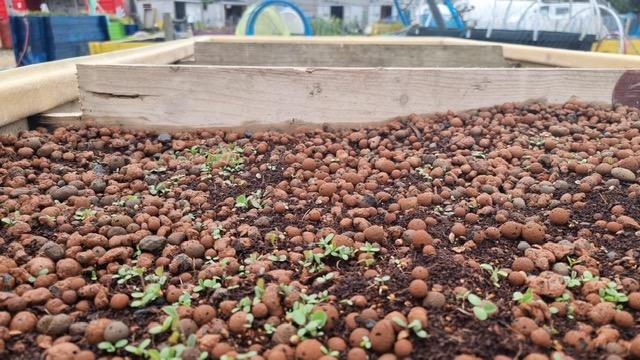Bee-friendly bus shelters kicked into long grass

Lib Dems had hoped to to turn Lincoln's bus stop roofs into plant-covered habitats for pollinating insects
- Published
Bee-friendly bus shelters will not be introduced in Lincoln, the city council has decided.
Liberal Democrat councillors proposed a plan on 16 July to turn the city's bus stop roofs into plant-covered habitats for pollinating insects.
Labour council leader Naomi Tweddle said she appreciated "the spirit of the motion” but the authority was in talks with Lincolnshire County Council about bus stop maintenance and ownership.
Lib Dem councillor Natasha Chapman said the party would “continue to pester” the council until the shelters were implemented.

Opposition councillors say the shelters would be an improvement on the current offering
Some bee species across the UK have shown a marked decline in the last 30 years, external, according to the Royal Horticultural Society.
Introducing bee shelters could combat air pollution and provide food and shelter to pollinators at risk due to habitat loss, as well as being visually appealing and improving the appearance of the city, said the Lib Dems., external
At a full council meeting on 16 July, Ms Tweddle said she shared “many of the [same] opinions” but called the idea a "bit premature", according to the Local Democracy Reporting Service.
“For me, [bus stops and shelters] should be part of the wider transport infrastructure,” she told the meeting.
Currently, the city council is responsible for only one third of the city’s bus shelters, with the rest in the hands of the county council.
Ms Tweddle added the party would "see how talks progress with the county council".
Follow BBC Lincolnshire on Facebook, X (formerly Twitter), external, and Instagram. Send your story ideas to eastyorkslincs.news@bbc.co.uk, external
Related topics
Related internet links
- Published26 January 2024

- Published5 October 2022

- Published14 March 2024

- Published20 May 2022
